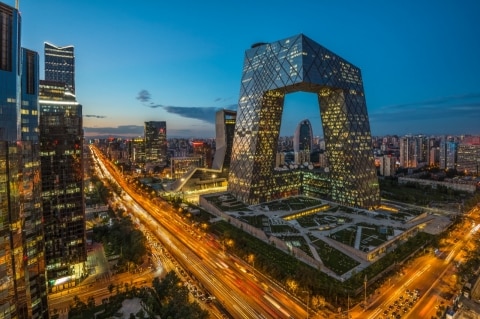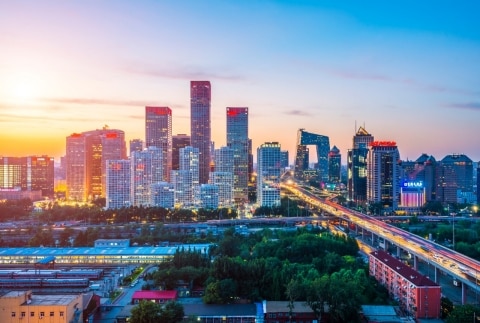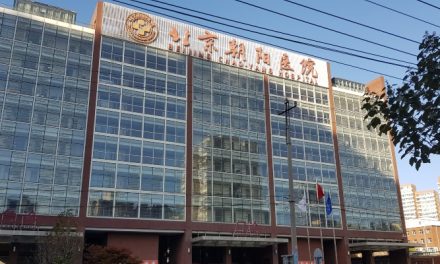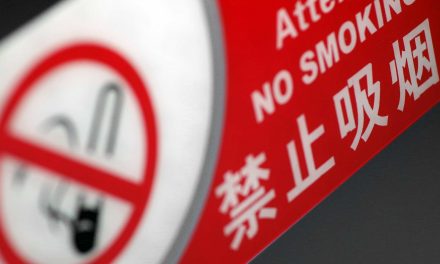A trip to Beijing is as challenging as it is thrilling: for starters, there’s more than 21 million people living in the city . In China’s fascinating capital, which spreads out over almost 17,000 square kilometres and is still expanding fast, the future and the past are somehow both easily accessible as tech-industry innovation forges ahead beside UNESCO World Heritage Sites that date back thousands of years. Throw a cosmopolitan culture obsessed with luxury, shopping and eating into the mix and you have one irresistible destination. These are the practical pieces of information you should know before you go to Beijing.
Entering Beijing
Apply in person or by mail to a Chinese Visa Application Service Centre at least a month before your planned date of departure. Expect to have your fingerprints scanned when you land if you’re a foreign national aged between 14 and 70 years old.
China imposes strict penalties for overstaying a visa, including detention, so know the expiry date of your visa and be sure to leave the country beforehand.
Beijing Capital International Airport
Beijing Capital International Airport sits about 30 kilometres north of the city centre. The Airport Express train, which leaves from Terminal 2 and Terminal 3, takes 15-20 minutes and costs about ¥25 .
A taxi from the airport to the city should cost about ¥120. Drivers often don’t speak English so have the address of your destination written down in Chinese.
Legalities
China enforces capital punishment for some crimes, including drug-related offences.
If you are charged with a crime or involved in legal proceedings in China, you can have an ‘exit ban’ placed on you and be detained until the matter is resolved.
Other activities punishable by law in China include participating in demonstrations and protests, distributing religious material or preaching and taking photos of military or government buildings – ask before you snap.
The language barrier

It’s estimated less than one in a hundred people in China speak English so if you can’t speak Mandarin fluently, make sure you have a few key phrases handy.
Customs and etiquette
Don’t ask about politics, censorship or the government. Most Chinese people will be reluctant to discuss these topics in public with people they don’t know very well.
Directness can be interpreted as aggression. To ‘save face’, stay calm and don’t display anger or be loud and boisterous in public.
Be respectful when dealing with authorities and officials. Agitation won’t make the customs officer at the airport move any faster, even if you’re about to miss your connecting flight.
Removing your shoes before entering someone’s home, offering a soft handshake and addressing the oldest person in a group first are simple ways to be polite.
And never, ever leave your chopsticks sticking upright from your bowl of food – it’s considered rude.
Money matters
The Yuan is the currency. Check a reliable currency conversion service for up-to-date exchange rates.
Major credit cards are accepted in China but smaller purchases, such as taxi fares and food, can sometimes be cash-only so always carry plenty of Yuan with you.
Tipping is not customary in China. However, it is becoming more common to offer a small tip to taxi drivers, tour guides and hotel bellhops – the equivalent of $1 or $2. Feel free to round up the bill at a restaurant or bar, although it is not expected.
Medical advice
Air pollution is a major health problem in China. In Beijing, authorities will issue a public health warning when the air quality is particularly bad, closing schools and construction sites and limiting car use. If you are elderly, suffer from respiratory illness or are travelling with young children, consult a doctor before you go.
December is usually the worst month for air pollution, while air quality tends to be at its best in spring (March to May) and autumn (September to November).
Rabies is common in China so see your doctor before you leave to ensure your rabies and other vaccinations are up to date.
Hand, foot and mouth is also common so wash your hands frequently and exercise good personal hygiene.
Transport tips
Beijing’s efficient, widespread and affordable subway system is the best way to get around the city. The stops are announced in Mandarin and English. The cost for a single ride varies depending on the distance being travelled – a maximum of about ¥6 (A$1.20). Avoid driving or taking a taxi in Beijing unless it’s essential. Traffic is often gridlocked and drivers rarely speak English.
Weather wise
Beijing experiences extreme weather at both ends of the spectrum. In winter (November to March) the average high is just 11°C degrees, while in summer (June to August) the average high is about 30 degrees. Spring and autumn are mild.
When to go
March to May and September/October are the best times to visit Beijing, when the weather is pleasant and air pollution is typically at its lowest levels.
Avoid Chinese public holidays and a couple of days either side, when attractions and monuments are swamped by huge crowds and hotel room prices skyrocket. National holidays include New Year’s Day (January 1), Chinese New Year (February), Qingming Festival (April), Dragon Boat Festival (June) and National Day (October).
Safety
As is the case with many big cities, robbery, pickpocketing and bag snatching are common. Tourists in Beijing have been targeted by scammers who approach and offer a service, such as a massage, or request to practice English. The tourist has then been given a vastly inflated bill for the service and prevented from leaving until they pay up. Don’t accept unsolicited offers from strangers or go anywhere with someone you don’t know.
Tap water
The tap water in Beijing is not strictly unsafe to drink but there have been reports of it being poor quality. Stick to bottled or filtered water for drinking, although it is safe to brush your teeth and eat fruit that has been washed with tap water.
Dress code
The dress code in Beijing is slightly more conservative than many western cities; it’s uncommon to see people baring a lot of skin. Cover up as much as possible at religious sites. Comfortable shoes are essential for sightseeing and a rain jacket or extra layer is recommended for a sudden rainfall or temperature drop.
Insurance policy
We recommends all visitors to Beijing take out comprehensive travel insurance to cover overseas medical costs, including evacuation.
Where to stay

The more central your accommodation, the better. Stay in Wangfujing and you’ll be walking distance to The Palace Museum, Tianamen Square, the Mausoleum of Mao Zedong and much of the city’s best shopping. The Peninsula Beijing, the Hilton Beijing Wangfujing and many other big hotels are here. Houhai, Nanluoguxiang and Qianmen are also close to the centre and well connected by public transport.
Phone calls and mobile data
Most Australian phone companies offer customers a special daily roaming rate to use a device in China. Check with your phone company prior to your trip. Alternatively, disable data roaming before you land, don’t answer incoming calls and then purchase a Chinese SIM card to use while you’re there. That will depend on whether your phone is locked to your Australian carrier – again, check with your phone company before you leave for Beijing. The emergency number in China is 119.
Internet
Wi-fi is plentiful and usually free to use but the internet is censored by the government. Facebook, YouTube, Instagram and Twitter are completely blocked, and many other websites, such as Google, are heavily censored and slow to load. In case you can’t access online banking during your stay, leave enough funds in your main checking account to last you the duration of your trip to China.
Gadgets
In China the voltage is 220V, and the frequency is 50Hz, so most devices should work without issue. The electrical wall socket is the same shape as Australia so you don’t need an adaptor.
Handy apps and websites
WeChat is China’s answer to WhatsApp. Get friends and family back home to download the app so you can text, video and audio call them while you’re there.
Waygo translates Chinese signs, helping English speakers to avoid taking the wrong train and making bad menu choices.
Baidu Maps is very similar to Google Maps, allowing you to find your way around Beijing on foot or public transport.
ExpressVPN is an app that allows you to access blocked websites.
Air Matters allows you to check the air quality each day and alerts you when pollution reaches dangerous levels.
Smart Traveller for safety information
XE for currency conversion
Beijing Capital International Airport gives information on flights, weather, traffic, parking, terminal locations and airport shuttles.
Didi Chuxing is China’s version of Uber and available in English.
This is a place for show life about china, If these articles help you life better in china, Welcome to share this website to your friends, Or you can post questions about china life in FAQ, We will help you to find the right answer.






Recent Comments